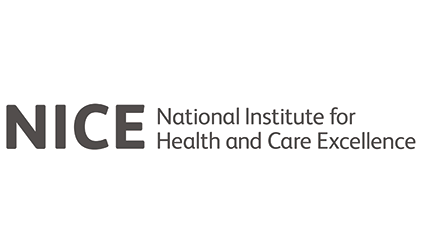
Two Cancer Drugs from Astellas, BMS Win NICE Recommendations
The British healthcare cost evaluation agency has recommended coverage of Astellas Pharma’s prostate cancer drug Xtandi and Bristol-Myers Squibb’s melanoma treatment Yervoy, noting that the therapies provide sufficient gains in overall survival of patients who were treated for the cancers.
The Institute for National Health and Care Excellence (NICE) in guidance last week said a randomized, placebo-controlled study of patients taking 160 mg of Astellas’ Xtandi (enzalutamide) saw a 4.5 month gain in median overall survival until disease progression, which was a “statistically significant” difference in quality of life.
Xtandi reduces the proliferation of prostate cancer cells, stopping the growth of tumors. It is indicated for patients with metastatic hormone-relapsed prostate cancer who have already been treated with a chemotherapy regimen containing docetaxel.
NICE said that the drug will be covered for end-of-life care for patients who have failed two or more chemotherapy regimens. The agency, however, left open the question of recommending Xtandi following treatment of Johnson and Johnson’s Zytiga (aberaterone acetate). In May, NICE partially reversed a January decision to decline this indication, citing a lack of evidence supporting the pairing.
Xtandi gained FDA approval in 2012. This May, Astellas launched the drug in Japan for patients with castration-resistant prostate cancer.
In separate guidance, NICE said a three-armed trial of patients taking Bristol-Myers Squibb’s Yervoy (ipilimumab), plus an investigational gp100 peptide vaccine, showed 3.5 more months of overall survival when compared with patients given only the vaccine.
The guidance concluded that the drug administered intravenously over a 90-minute period at four body-weight-specific dosages over three weeks works better than other available drugs as a first-line therapy for patients with metastatic or unresectable melanoma. Yervoy met the criteria for being a life-extending, end-of-life treatment and that the trial evidence presented for this was robust, the guidance said.
BMS’s Melanie Brunner said that upon its approval in 2011, Yervoy became the first to significantly extend survival in a Phase III study. The NICE guidance “marks a significant milestone for patients in the UK,” she added. — Lena Freund
Originally appeared in Drug Industry Daily, the pharmaceutical industry’s number one source for regulatory news and information. Click here for more information.
